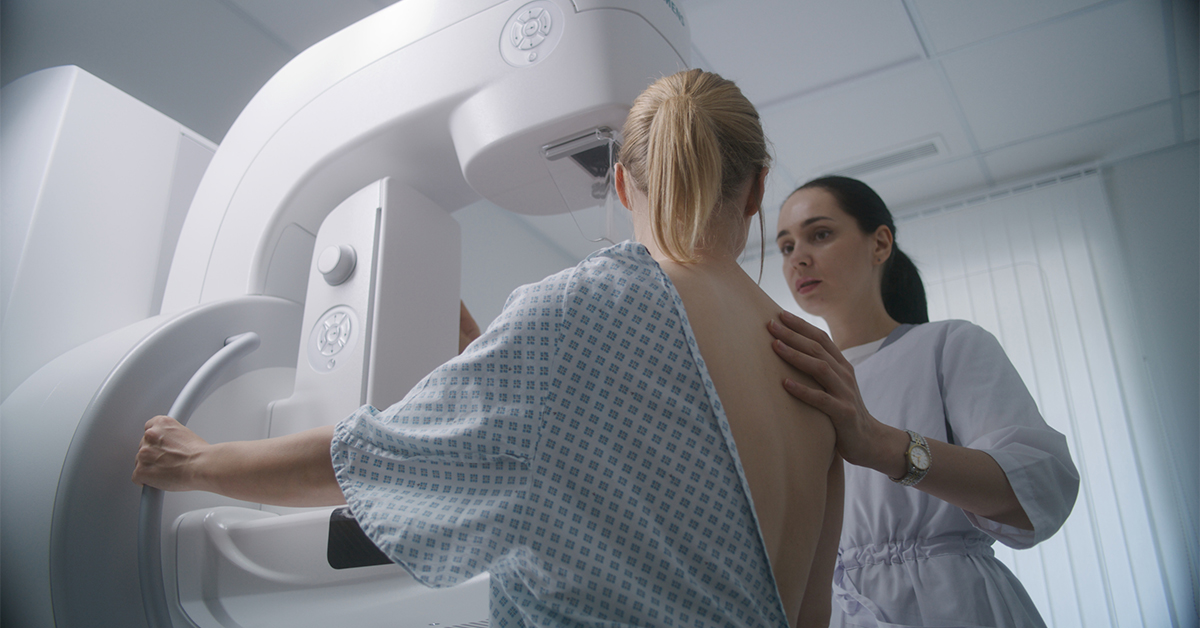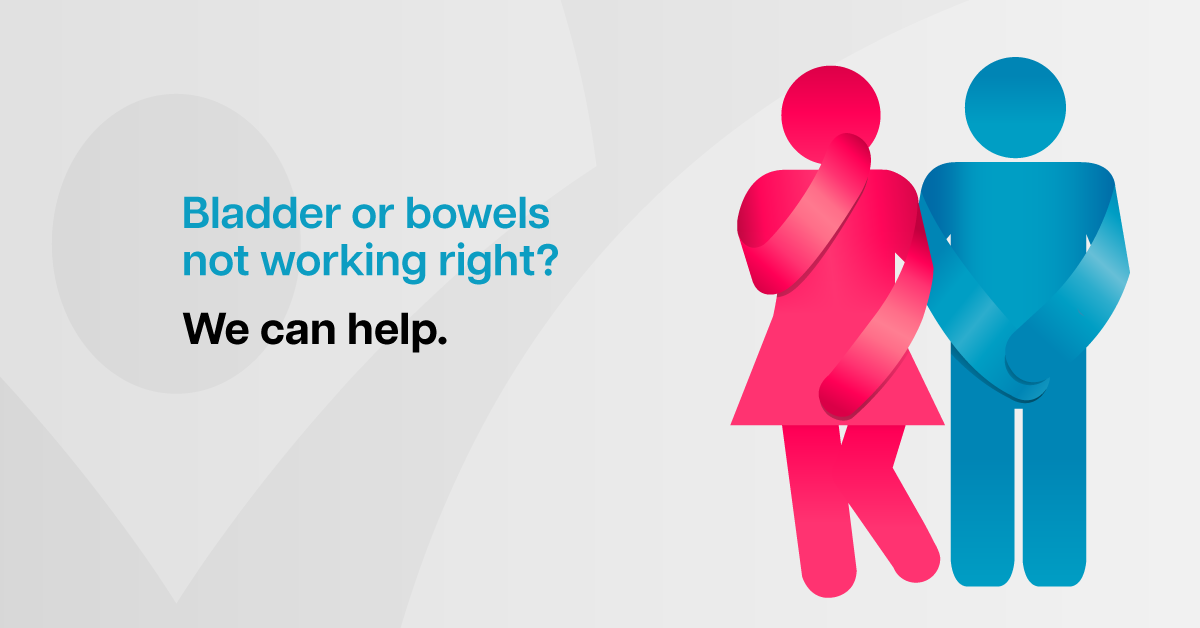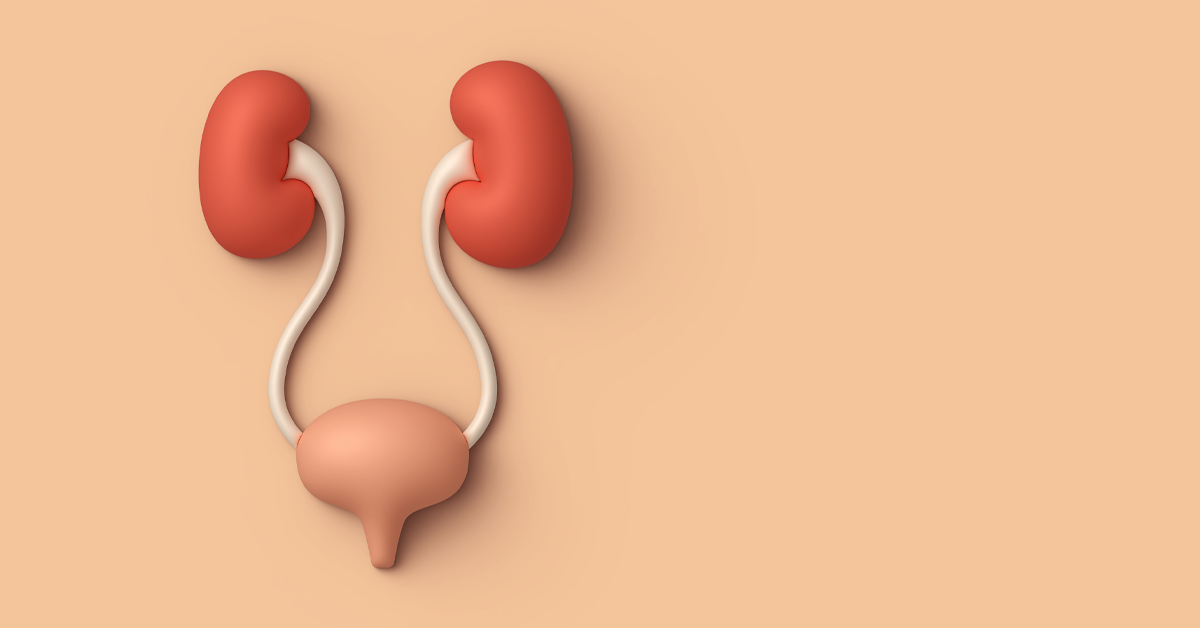Ever feel a little surprise when you laugh, cough, or sneeze, or that sudden urge that’s hard to control? You’re not alone; many people experience urinary incontinence. While it can be frustrating and sometimes even embarrassing, help is available—and you can take back control.
While it’s not always an easy topic to talk about, let’s explore what bladder leaks are, the different types, why they happen, and how you can find real solutions for a more comfortable life.
Understanding bladder leaks
Urinary incontinence occurs when your bladder doesn’t hold urine until you’re ready. It can range from occasional drips to a more significant loss of control. While it can affect people of all ages, it’s more common in women, affecting nearly 80 million women in the U.S. alone.
Types of urinary incontinence
Understanding the type of incontinence you’re dealing with is key to finding the most effective treatment:
- Stress incontinence – Leaks triggered by pressure from laughing, coughing, sneezing, or exercising, and often linked to weakened pelvic floor muscles.
- Urge incontinence (overactive bladder) – A strong, sudden urge to urinate that leads to leaks. Often caused by nerve or muscle issues.
- Overflow incontinence – When the bladder doesn’t empty fully, leading to frequent or constant dribbling. More common in men with prostate conditions.
- Mixed incontinence – A combination of both stress and urge incontinence.
- Functional incontinence – Occurs when a person can’t reach the toilet in time due to physical or cognitive limitations.
- Total incontinence – Ongoing and significant leakage, often related to medical conditions like nerve damage or spinal cord injuries.
Causes of urinary incontinence
There are many factors that contribute to incontinence:
- Life changes – Pregnancy, childbirth, and menopause can weaken pelvic floor muscles.
- Aging – Bladder and urethra muscles may weaken over time.
- Excess weight – Puts added pressure on the bladder.
- Prostate issues (in men) – Can obstruct urine flow.
- Nerve issues – Disrupt signals between the brain and bladder.
- Urinary tract infections (UTIs) – Can temporarily irritate the bladder.
- Medications – Some medications increase urination or impact bladder control.
Explore the National Association of Continence website for helpful information and watch this short video to learn more about urinary incontinence:
Welia Health is here to help.
If bladder leaks are affecting your quality of life, talking to your provider is an important first step. Don’t wait until the problem worsens. On average, women wait six or more years before seeking professional help.
At Welia Health, we’re here to listen and help you understand what’s happening. We’ll determine the type and cause of your incontinence, which may include:
- A physical exam
- A bladder diary
- Urine tests
- Occasionally, more specific diagnostic tests
“What’s so frustrating is that many men and women quietly struggle, believing urinary incontinence is just a normal part of aging. But effective treatments exist. We encourage you to reach out—these treatments can be real game-changers.”
Michael Cady, MD
Welia Health Urogynecologist
Managing and treating bladder leaks
The good news? There are many options to help manage or even resolve urinary incontinence:
- Lifestyle changes – Adjusting fluid intake, avoiding bladder irritants, and maintaining a healthy weight can help.
- Pelvic floor exercises – Kegel exercises strengthen the muscles that support bladder control. Check out this link: Step-by-step guide to performing Kegel exercises, Harvard Medical School
- Bladder training – Going to the bathroom at scheduled times—even without the urge—can help the bladder learn to hold more urine.
- Medications – Certain drugs can relax bladder muscles or improve nerve signals to reduce urgency and leaks.
- Supportive devices for women – Inserts or pessaries can help support the bladder and reduce stress incontinence.
- Advanced treatments – Options such as injections or nerve stimulation therapies (like Inter-Stim™) may be beneficial in more complex cases.
- Surgical solutions – Surgery may be considered when other treatments aren’t effective.
Take the first step today.
Don’t let embarrassment hold you back. Contact Welia Health at 320.679.1212 or log in to MyChart to schedule an appointment. We’re here to help you understand your options—you don’t have to live with bladder leaks.













